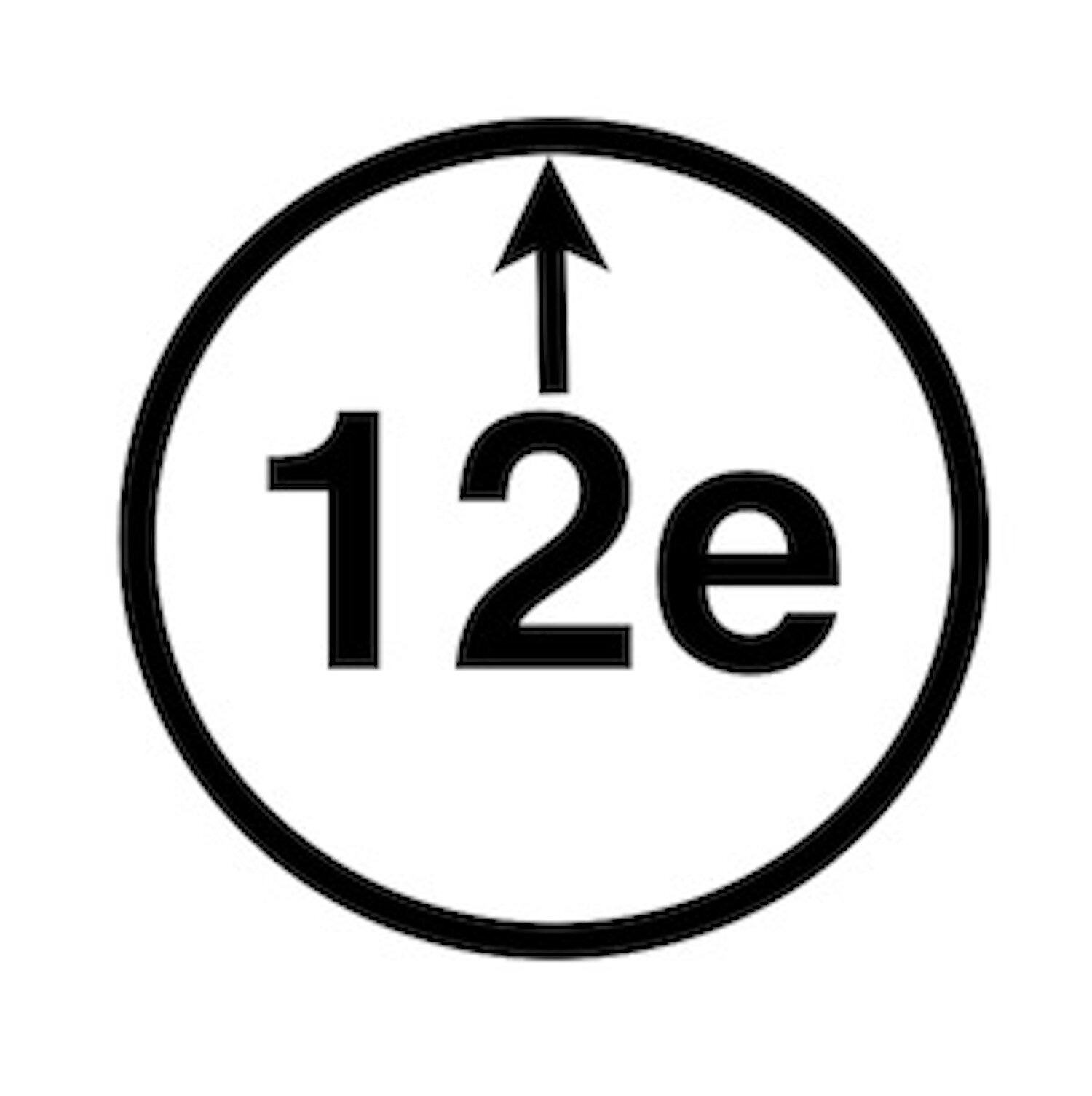Faith in Changing Times
Things will change. This is a constant that we can count on: things will always and constantly change. As a society we will discover things, we will develop new ways of living, and things will change. Even in our personal lives things will change. The body we had in our 20s is not the body we have in our 70s and we have to adjust to the changes (for better or worse). One of the challenges all religions face is how to react and respond to the changes of society. Some faith traditions will label changes as negative, as dangerous, and condemn them. The Amish embrace a certain way of living that they believe make it possible to stay focused on God’s presence in their lives. As technology changed they decided to not go with the changes but to stay in just one place. They did not want to wrestle with the changing of the times and the ways that they could find the presence of God in those changes because for the Amish, change can be bad.
When Darwin began studying finches and tortoises on the Galapagos Islands the notion of evolution was something that had yet to be articulated. The majority of the Western world believed that God created the world in a certain amount of time and in a very specific way. Then, after the publication of The Origin of Species as well as other works by various scientifically minded folks, people of faith had to wrestle with the evidence pointing towards the theory of evolution. They had to grapple with the idea that perhaps the truths in scripture concerning creation needed to be challenged, changed, and understood in a different, nuanced way. Some Christians embraced this new knowledge and looked to see how God could be understood in light of Darwin’s creative insight. Others went even further and said that maybe there is not a God at all and all creation is simply a wonderful coincidence as can be seen through development and evolution. On the other side of the spectrum are those Christians who, in the face of evolution, dug in their heels, claiming that the literal truth of Scripture overrules the evidence and interpretation of science and hold to the idea that God created the world in six days, or that there was an intelligent designer who got the whole thing started and any evidence from observation or theories created from that observation could and should be ignored.
We all have to deal with change whether it be reactionary, conciliatory or somewhere in-between. Look at the history of religions and movements of faith and you will find that the majority of the conflicts that occur seem to be focused around wrestling and responding to change in one way or another.
I believe that this can be said for our personal journey of faith as well. When everything is fine and moving along in a predictable fashion, questions of doubt and wonder tend to fall into the background. Yet when we are faced with change, when we have to make decisions that we are not used to making, when our life changes for whatever reason we face conflict, anxiety, and tension and we have to decide how we are going to deal with change.
There are those who believe that the best response to change is to dig in your heels, keep to how things have been, and to not adapt at all. Yet I believe that this approach can be hurtful and harmful. Those conservative, fundamentalist, literal churches that deal with change by doubling down are the ones that tend to hurt people, abuse people, and damage faith. On the other hand, those who simply go with change without any critical thought, without any reflection or sense of identity run the risk of loosing faith, and becoming a community or believer without any center. I believe that there is a middle ground, a way to live with change that is dynamic and yet still grounded. So here are some things to consider when facing change:
1. Be clear about who you are. What are those core beliefs that you hold to? What are the values that shape who you are. What makes up who you are in an authentic manner?
2. Be clear about who God is. Don’t overthink this. Don’t try to work out the nuanced ontology of the divine vis-à-vis process theology or Medieval Scholasticism. What are those parts or aspects of God that you look to and find comfort and hope? Who is God to you?
3. Be clear about what you believe. This is a continuation of considering God. What are the core and basic aspects of your faith that you find important? What aspects of your faith feed your sense of who you are? What are you not willing to let go?
4. Be ready to explore and play. After having a sense of who you are and what you are about, then play with the changes you are facing. Where will you find God in the brave new world that you are facing? What will it mean to be a person of faith in this new space?
5. Trust. This is probably the most important step. If you are humble and open to the movement of the Spirit, then trust that whatever change you are facing, wherever it is that you are going, or whatever is happening in the world will not be too much for God. Trust that you will be ok.
Change is going to happen. There is nothing that we can do to avoid this and often change brings about doubt. Yet change can be something that brings excitement and joy. Whatever change is before you, whatever changes we face in our world, let us embrace them centered in our relationship with the Lord.
